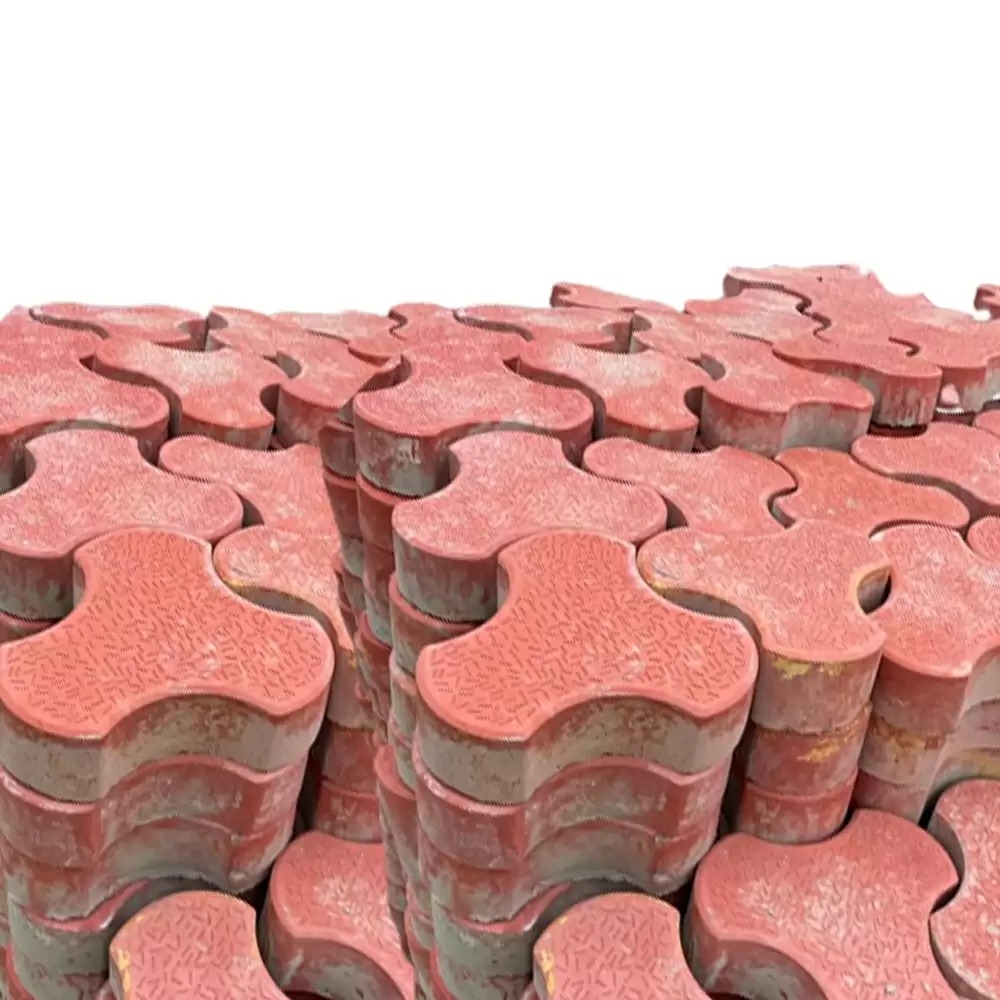IMARC Group’s “Pavers Block Manufacturing Plant Project Report 2025: Industry Trends, Plant Setup, Machinery, Raw Materials, Investment Opportunities, Cost and Revenue” report provides a comprehensive guide on how to successfully set up a pavers block manufacturing plant. The report offers clarifications on various aspects, such as unit operations, raw material requirements, utility supply, infrastructural needs, machinery models, labour necessities, transportation timelines, packaging costs, etc.
In addition to the operational aspects, the report also provides in-depth insights into pavers block manufacturing plant setup, project economics, encompassing vital aspects such as capital investments, project funding, operating expenses, income and expenditure projections, fixed and variable costs, direct and indirect expenses, expected ROI, net present value (NPV), profit and loss account, and thorough financial analysis, among other crucial metrics. With this comprehensive roadmap, entrepreneurs and stakeholders can make informed decisions and venture into a successful pavers block manufacturing unit.
Request a Sample Report: https://www.imarcgroup.com/pavers-block-manufacturing-plant-project-report/requestsample
What is Pavers Block?
Pavers block, also known as concrete paver or interlocking paver, is a type of hard-wearing construction material typically used for exterior flooring applications. These blocks are manufactured from a mix of concrete, cement, sand, and aggregates, molded into various shapes and sizes, and are primarily designed for use in pavements, driveways, walkways, patios, and industrial yards. Their interlocking design enhances load distribution and provides a durable and visually appealing surface. Pavers blocks offer several advantages, including ease of installation, low maintenance, and the ability to replace individual blocks without disturbing the surrounding areas. Additionally, their permeable variants support better water drainage, making them suitable for sustainable construction practices. Due to their structural integrity and design flexibility, pavers blocks are widely used in both residential and commercial landscaping projects, contributing to both functional and aesthetic enhancements in urban and suburban infrastructure.
Market Trend and Drivers of Pavers Block:
The pavers block market is being driven by a combination of urbanization, infrastructure development, and increasing demand for durable, low-maintenance paving solutions. As cities expand and modernize, the need for aesthetically appealing and functionally reliable outdoor surfaces has surged. Governments and municipal authorities are investing significantly in public infrastructure such as sidewalks, parking lots, and roadways, which directly contributes to the rising consumption of pavers blocks. Furthermore, environmental regulations encouraging the use of permeable materials to support water conservation and reduce urban runoff have accelerated the adoption of eco-friendly pavers. Technological advancements in paver manufacturing, including automated production processes and improved material compositions, have enhanced product quality, cost-efficiency, and design variety. Additionally, the growing popularity of landscaping and outdoor design in residential construction is increasing demand for decorative paving options. In developing regions, rising disposable incomes and the expansion of smart city initiatives further boost market potential. These combined factors are sustaining robust growth in the global pavers block industry.
Key Aspects to Setup a Pavers Block Plant:
- Location to Setup Plant
- Market Research
- Plant Layout
- Construction and Infrastructure
- Equipment/Machinery Procurement
- Documentation and Licenses
- Cost Analysis
Requirements to Setup a Facility:
- Funds
- Machinery
- Lands
Types of Costs to Setup a Factory:
- Land, Location and Site Development Cost
- Plant Layout Cost
- Machinery Requirements and Costs
- Raw Material Requirements and Costs
- Packaging Requirements and Costs
- Transportation Requirements and Costs
- Utility Requirements and Costs
- Human Resource Requirements and Costs
Project Economics:
- Capital Investments
- Operating Costs
- Expenditure Projections
- Revenue Projections
- Taxation and Depreciation
- Profit Projections
- Financial Analysis
Key Questions Answered in the Report:
- How has the pavers block market performed so far and how will it perform in the coming years?
- What is the market segmentation of the global pavers block market?
- What is the regional breakup of the global pavers block market?
- What are the price trends of various feedstocks in the pavers block industry?
- What is the structure of the pavers block industry and who are the key players?
- What are the various unit operations involved in a pavers block manufacturing plant?
- What is the total size of land required for setting up a pavers block manufacturing plant?
- What is the layout of a pavers block manufacturing plant?
- What are the machinery requirements for setting up a pavers block manufacturing plant?
- What are the raw material requirements for setting up a pavers block manufacturing plant?
- And more…
How IMARC Can Help?
IMARC Group is a global management consulting firm that helps the world’s most ambitious changemakers to create a lasting impact. The company provide a comprehensive suite of market entry and expansion services. IMARC offerings include thorough market assessment, feasibility studies, company incorporation assistance, factory setup support, regulatory approvals and licensing navigation, branding, marketing and sales strategies, competitive landscape and benchmarking analyses, pricing and cost research, and procurement research.
Services:
- Plant Setup
- Factoring Auditing
- Regulatory Approvals, and Licensing
- Company Incorporation
- Incubation Services
- Recruitment Services
- Marketing and Sales
Contact Us:
IMARC Group
134 N 4th St. Brooklyn, NY 11249, USA
Email: sales@imarcgroup.com
Tel No:(D) +91 120 433 0800
United States: +1-631-791-1145

